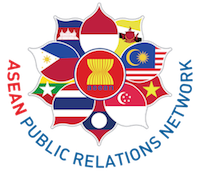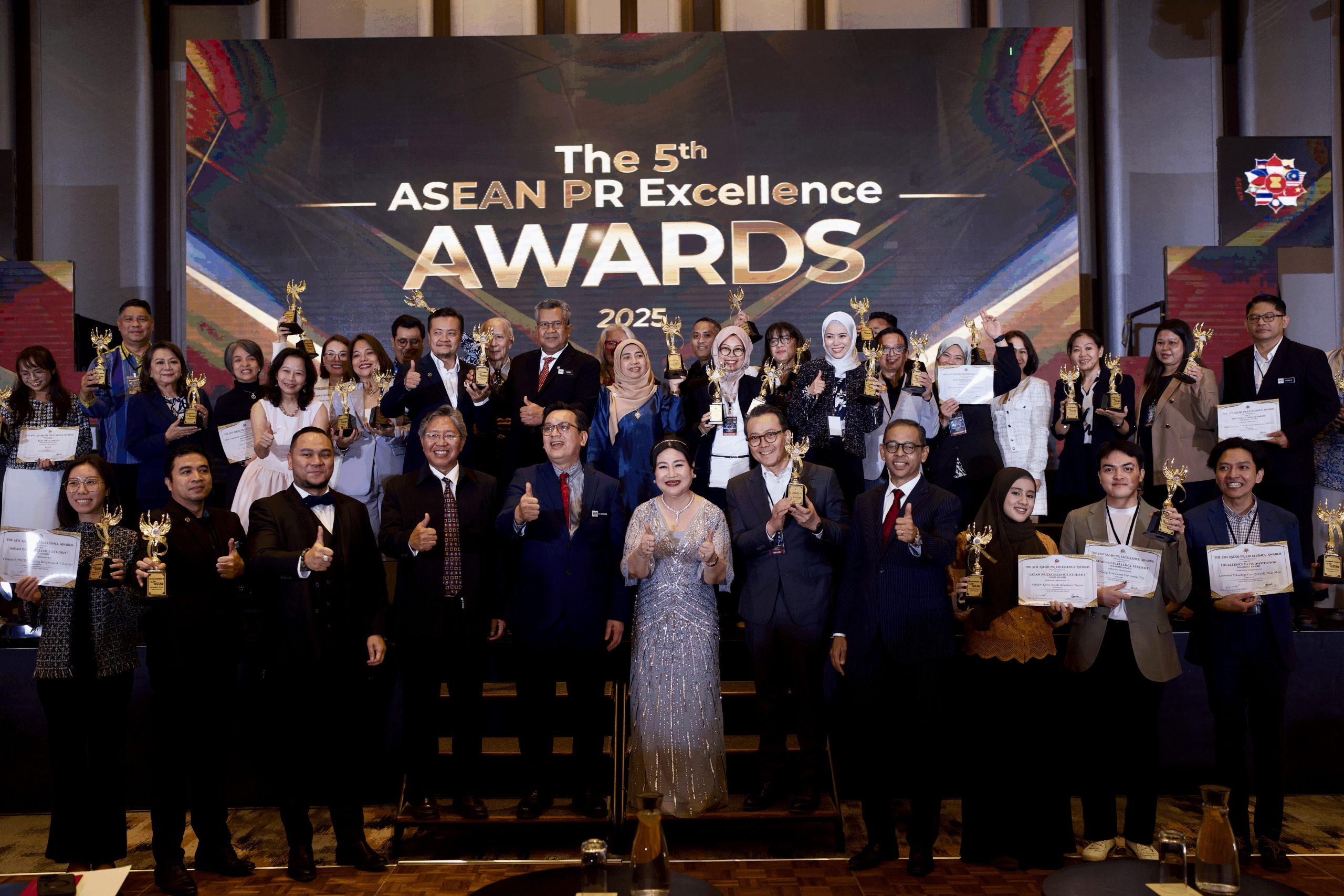By Huong Le Thu1
Economic progress in Vietnam is evident in its significant poverty reduction, the expansion of its middle class, and the noticeable emergence of its so-called ‘new rich’. The country is projected to have the fastest growing middle class in Southeast Asia – numbering 12 million currently and reaching 33 million by 2020.
Based on focus-group discussions and individual interviews of middle class respondents across the occupational and age spectrum, this paper provides qualitative descriptions of the middle class in Hanoi as well as their attitudes and aspirations.
There are difficulties in defining the ‘middle class’ in Vietnam because of the socialist rejection of a class-based society. The post-socialist use of the term ‘middle level’ is neither precise nor adequate in conveying a sense of educational attainment and occupational status associated with the middle class elsewhere. Instead, it refers to the middle-level income group. But because of the widespread discrepancy between official salary and unofficial income, it is not a straightforward criterion in Vietnam’s context.
The definition of the ‘middle class’ used in this paper comprises of: property ownership in urban areas, education, occupation, vehicle ownership, consumption power, importance attached to leisure activities, information access and the maintenance of social status. Respondents were also invited to suggest their own definition of the middle class and state whether they identify with this group or not.
Although macro-level quantitative studies suggest strong optimism among the general population with regards to economic successes, this study shows that there are growing concerns about the quality of life and social positioning.
While varying slightly from focus group to focus group, common characteristics found among the Hanoi middle class include a sense of vulnerability over personal safety, concerns over the perceived decline in the quality of food and consumer goods, as well as perceived deterioration in the quality of public services, education, and the environment.
Huong Le Thu is ISEAS Visiting Fellow. She can be contacted at: le_thu_huong@iseas.edu.sg





